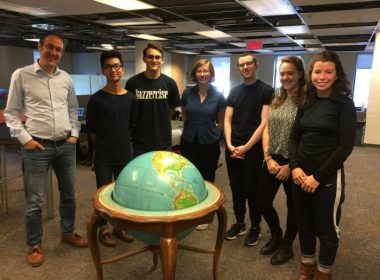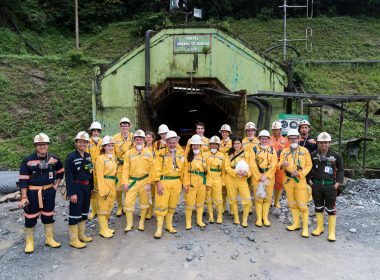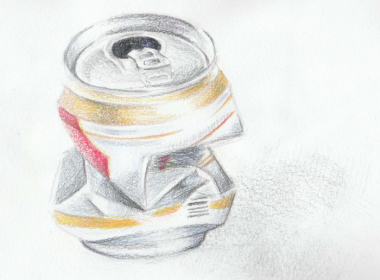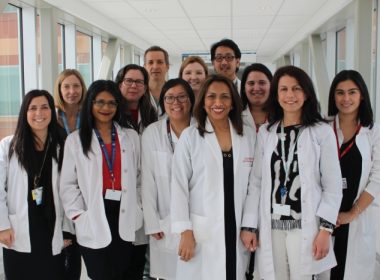Step aside, Old Weather, eBird, and Galaxy Zoo—there’s a new citizen science project on the block, and its name is DRAW. DRAW, which stands for Data Rescue: Archives and Weather, allows anyone to explore Montreal’s weather history and contribute to important scientific research. And to make the project even more[Read More…]
Science & Technology
The latest in science and technology.
The McGill Tribune Podcast – Interview with primatologist Colin Chapman
Staff writer Emma Gillies discusses primate conservation and its human component with Colin Chapman, professor in McGill’s Department of Anthropology
Caffeine: A brewing controversy
Caffeine—a stimulant that is actually classified as a drug—is a saving grace for many students during exam season, when coffee and energy drinks start to replace sleep. Although this particular lifestyle can’t be described as healthy, the extent of caffeine’s harm is debated. Scientifically speaking, there is a significant amount[Read More…]
A McGill club’s mapping mission
U3 students Hannah Rebentisch, Caroline Thompson, Hannah Ker, Jan Oledan, and Cameron Power, with various concentrations in geography and geographic information systems (GIS), are bringing the mission of mapping to McGill. After attending the Humanitarian OpenStreetMap Team conference in September 2017, they met representatives from a global organization called YouthMappers, which[Read More…]
The Willy Trip: A student initiative to learn about rocks
In many programs at McGill, experiential learning opportunities are difficult to access. A student group with a passion for geology has found their own solution to this frustrating barrier. Every year, students from the earth and planetary science department organize a reading week field trip to a geologically-rich region of[Read More…]
Ask a Geologist: How do islands form?
Earth’s surface is constantly changing due to a number of natural processes: Rivers transport sediment, glaciers carve valleys, and colliding tectonic plates build mountains. One of the planet’s most impressive talents, however, is the formation of islands. In recent decades, various new islands have popped up. The island of Nishinoshima[Read More…]
March for Science to unite Montreal community
On both sides of the Canadian-American border, governments are enacting environmentally harmful policies. Canadian Prime Minister Justin Trudeau is, controversially, expanding the Kinder Morgan Pipeline, and American President Donald Trump plans on weakening fuel economy regulations, which would counter former president Barack Obama’s strides in reducing greenhouse gas emissions through[Read More…]
A story of community: Trees, fungi, and microbes work hand-in-hand
Researchers at McGill, in partnership with the Université de Montréal’s (UdeM) Plant Biology Research Institute, have discovered a hidden ecosystem that works to clean polluted land. The project consisted of a collaboration between Nicholas Brereton, a research fellow at UdeM’s Plant Biology Research Institute and senior author of the study,[Read More…]
Giggle Juice: The science behind booze
A few drinks into one Saturday night in late November, my brother and I made a sacred pact to speak exclusively in freestyle. Walking along the pavement, I giggled as the city spun slightly, my stomach soaring with euphoria. My brother was in what he calls “the happy place”—a state[Read More…]
McGill develops new screening method for Canada’s deadliest women’s cancer
Just hearing the “C” word is enough to send chills down anyone’s spine—and with cancer warnings splashed across everything from cigarette packages to coffee cups, it’s difficult to avoid. In 2017, the Canadian Cancer Society amassed over $80 million in donations. According to their 2017 report, 206,200 Canadians are expected[Read More…]















